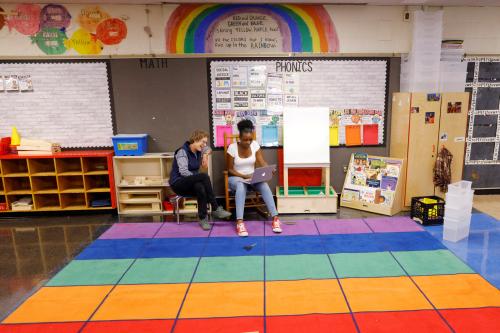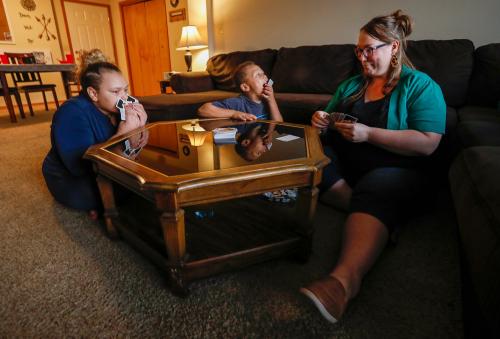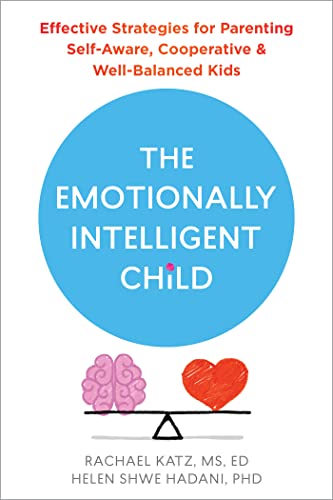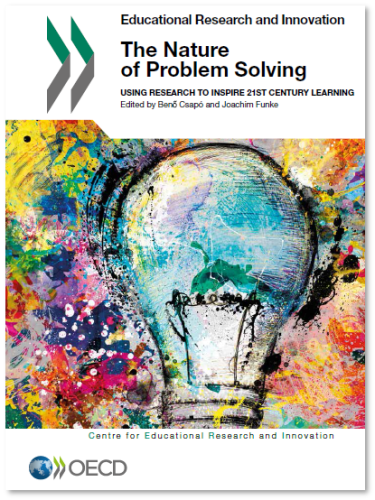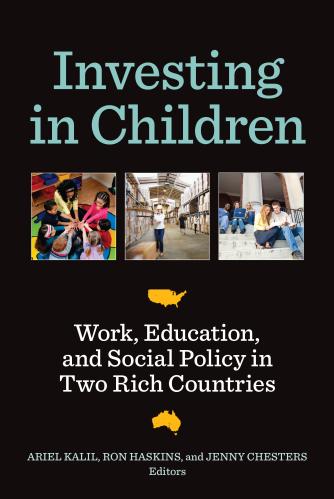The American education system is not preparing all children to thrive. Amidst a national movement to dismantle systemic racism, our schools risk propagating educational inequity by design. Only the most affluent students receive the highest quality education that emphasizes student agency and engagement through collaboration and inquiry.1 Many schools across the United States remain trapped in an outdated “horse and buggy” model of education, particularly when instructing students from under-resourced communities. These schools frequently operate according to a “factory model” that emerged in the early 20th century to mold students for the industrial economy. Under this system, students are considered the “products” of the system with standardized assessments serving as “quality control” measures to encourage effective instruction.2
Over the past several decades, we have attempted to repair the educational “buggy” through substantial reforms.3 These include passage of No Child Left Behind in 20024 and the development of the Common Core State Standards beginning in 2009.5 However, attempting to transform the industrial era “horse and buggy” model of education by incrementally adding new wheels and an upgraded engine is insufficient. Creating a revolutionary “Tesla” model of education is necessary for better attainment of 21st-century skills. Here, we offer an evidence-based approach to education inspired by research from the science of learning addressing how children learn and what children need to learn to be successful in the 21st century. Critically, the implementation of this framework must be flexible and culturally-relevant, while maintaining core principles that foster educational equity for all students.
-
Footnotes
- Anyon, Jean. “Social Class and the Hidden Curriculum of Work.” Journal of Education 162, 1 (1980): 67-92.
- Serafini, Frank W. “Dismantling the Factory Model of Assessment.” Reading and Writing Quarterly 18, no. 1 (2002): 67-85.
- Vinovskis, Maris A. From a Nation at Risk to No Child Left Behind. New York, NY: Teachers College Press, 2009.
- No Child Left Behind Act, U.S. Code 20.
- Council of Chief State School Officers, and National Governors Association Center for Best Practice. “About the Standards.” 2020, http://www.corestandards.org/about-the-standards





